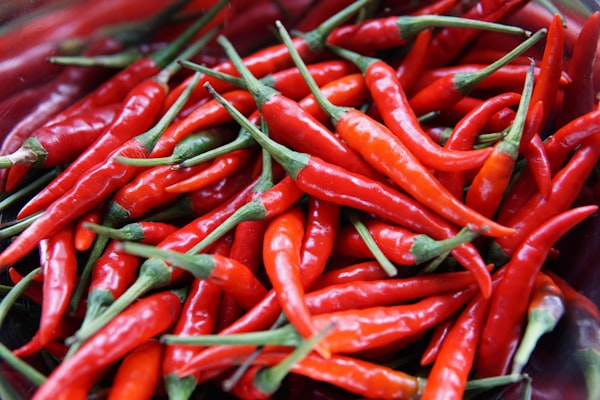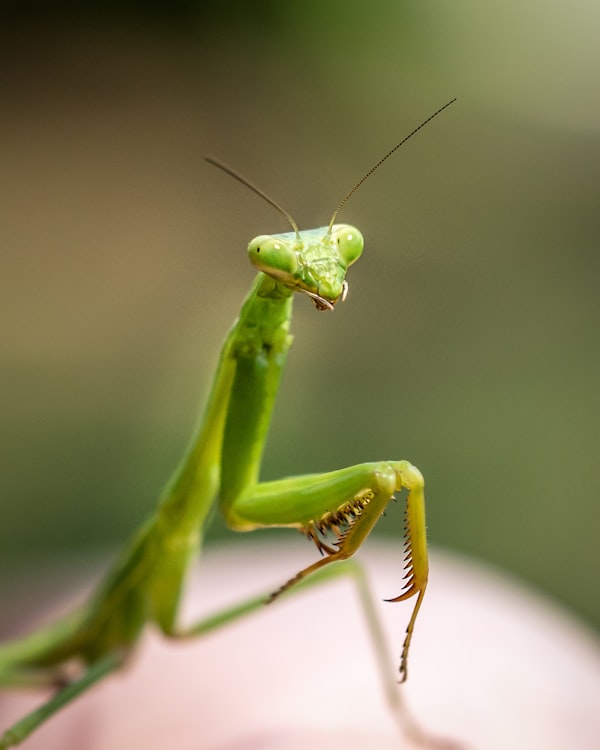
Science
The Science of Spiciness (Ted-Ed)
Have you ever wondered why your mouth feels like it's on fire when you eat a spicy pepper? Or why wasabi makes your eyes water? The answer lies in the science of spiciness.

Science
Have you ever wondered why your mouth feels like it's on fire when you eat a spicy pepper? Or why wasabi makes your eyes water? The answer lies in the science of spiciness.

Ted-Ed
Did you know that there are nearly a million known insect species in the world? That's a lot of bugs! But what's really cool is that most of them have one of just five common types of mouthparts. This is super helpful for scientists because when

Ted-Ed
Asthma is a sickness that affects the lungs and can be very dangerous. Lots of people around the world have it, and it causes a lot of deaths each year. Things that can cause asthma attacks are called triggers. Some examples of triggers are smoke from cigarettes, pollen, dust, perfumes,

News
Popcorn comes from a tall grass called teosinte. Indigenous people in Mexico started growing it 9,000 years ago. When popcorn kernels are heated, the water inside turns into steam and makes the kernel pop. In the 1800s, people started using wire baskets to pop corn over a fire. The

News
In the 1980s, scientists discovered a big hole in the ozone layer. The ozone layer is important because it protects us from harmful ultraviolet (UV) radiation from the Sun. Two chemists found out that chemicals called CFCs were destroying the ozone layer. CFCs were used in many everyday items like